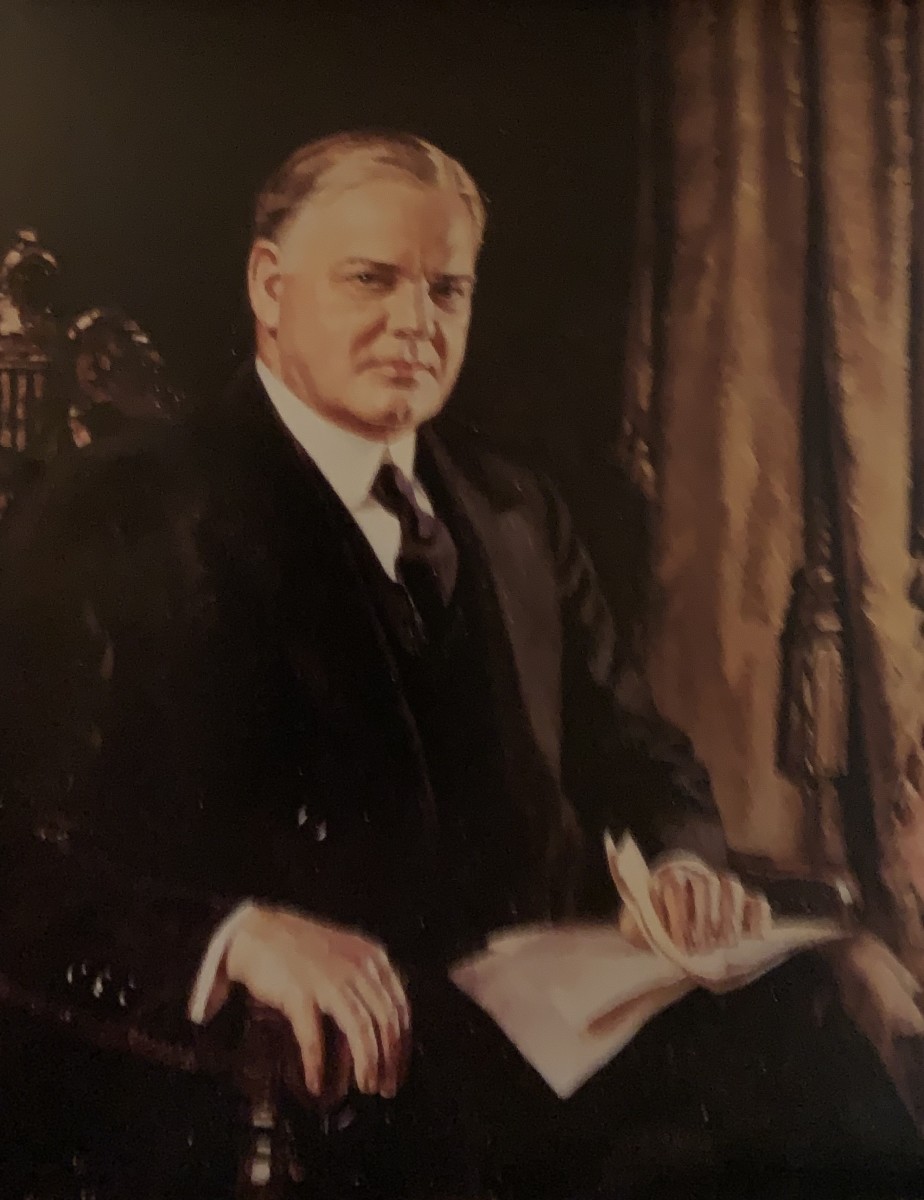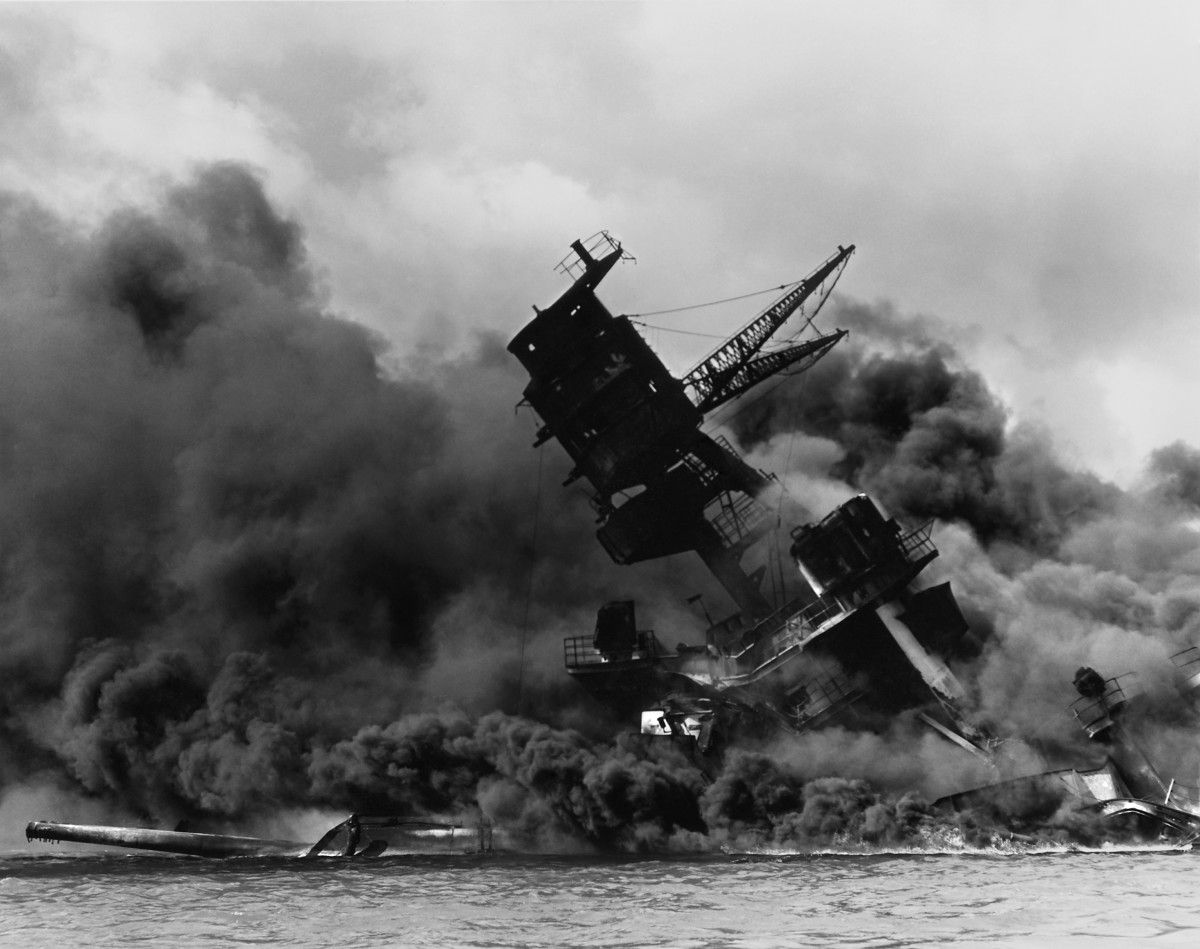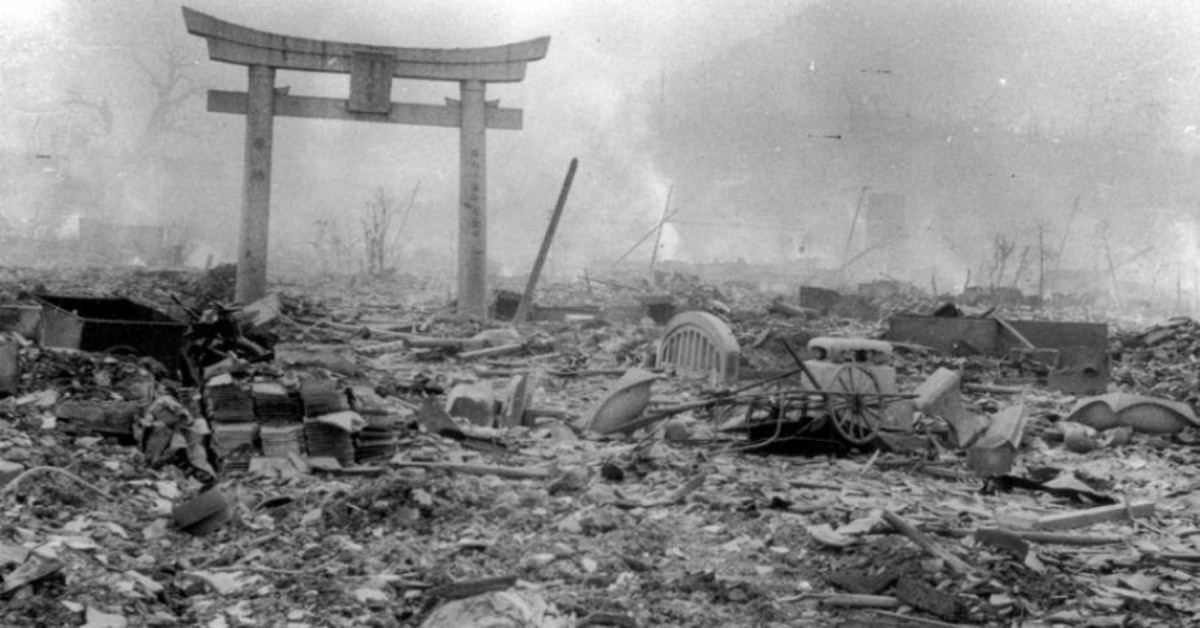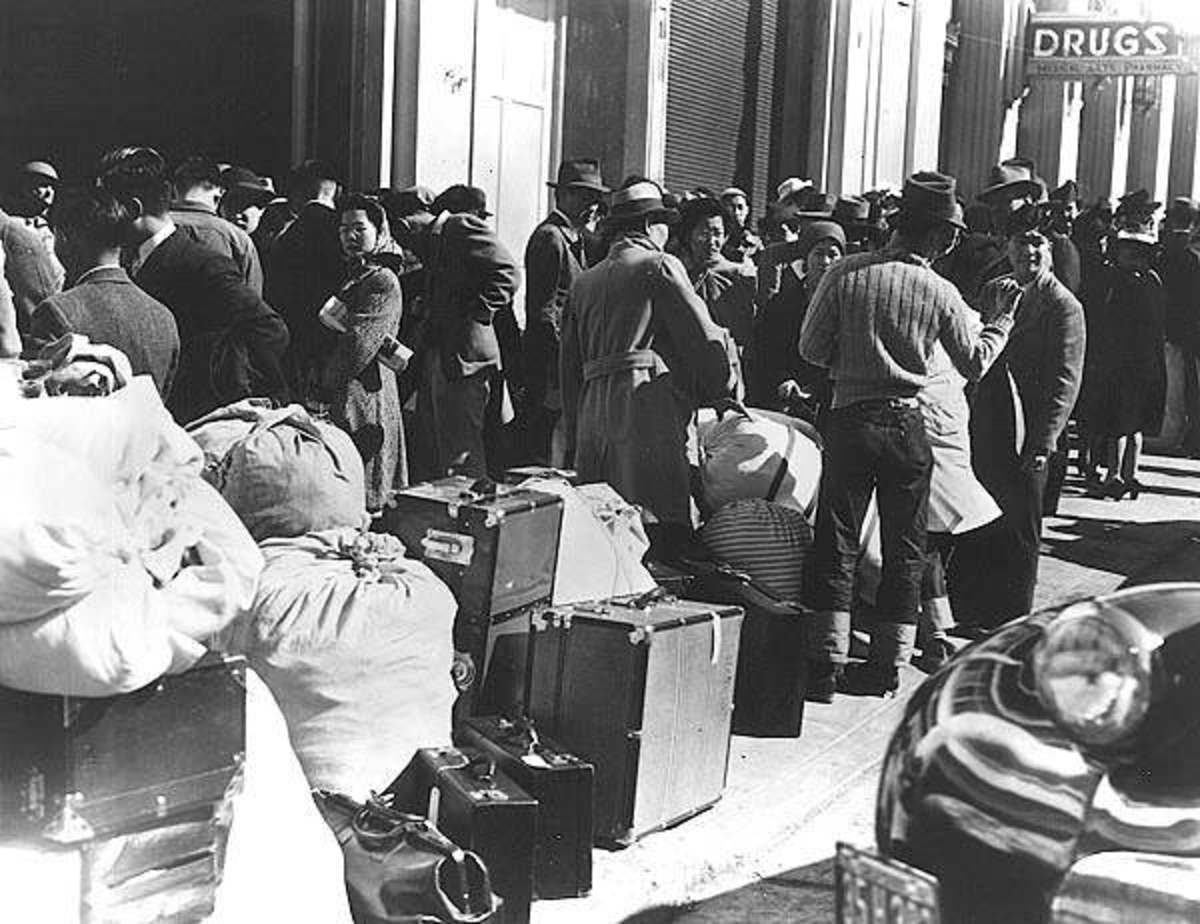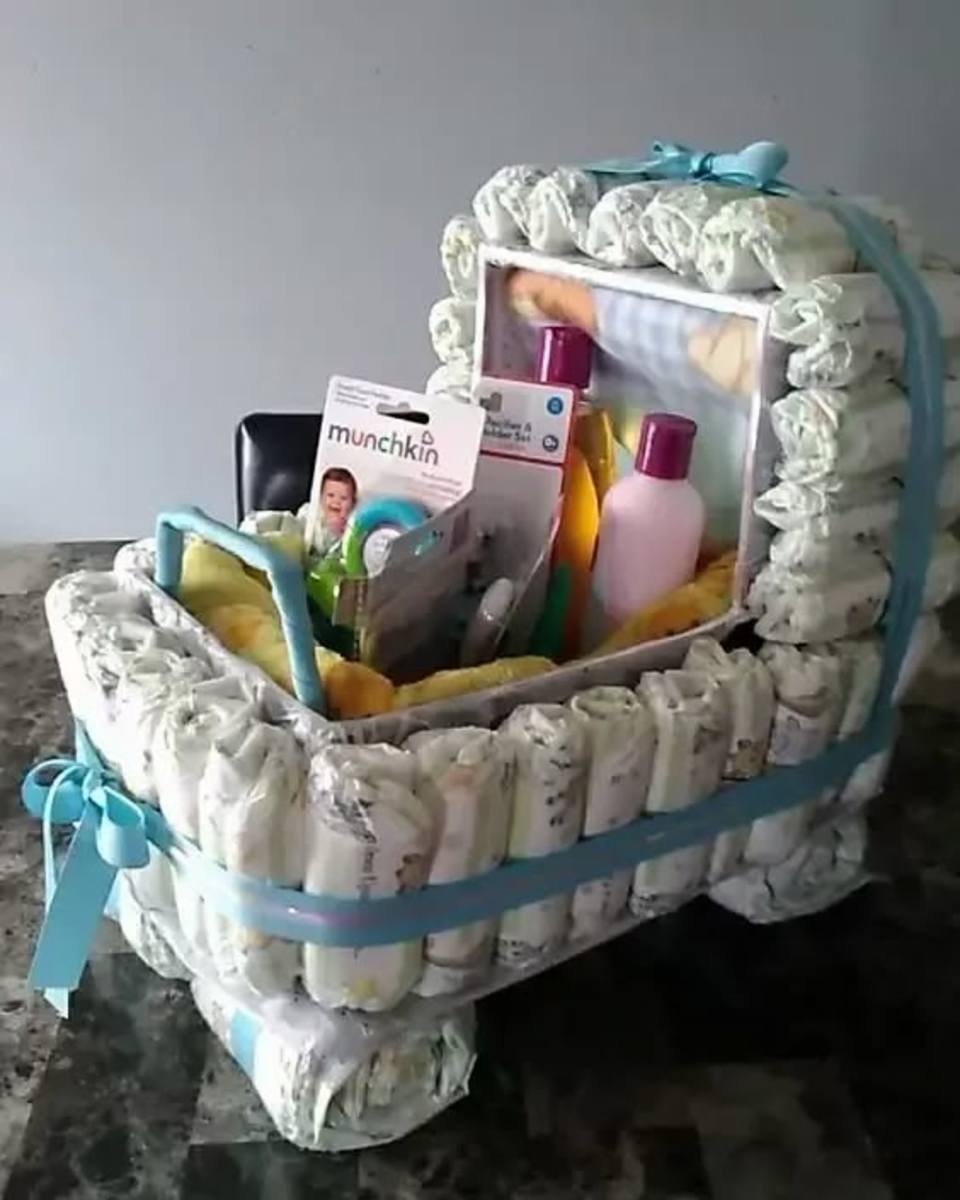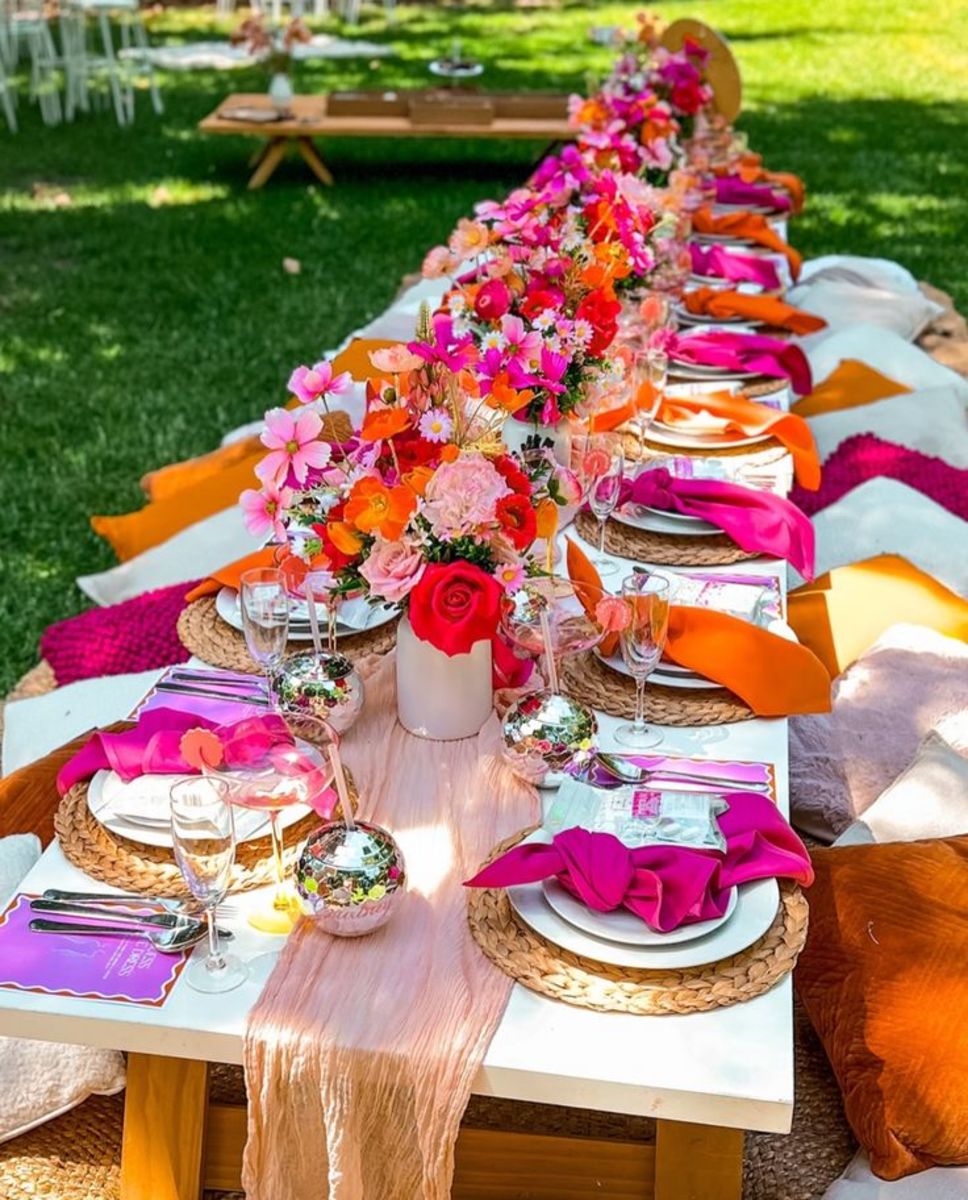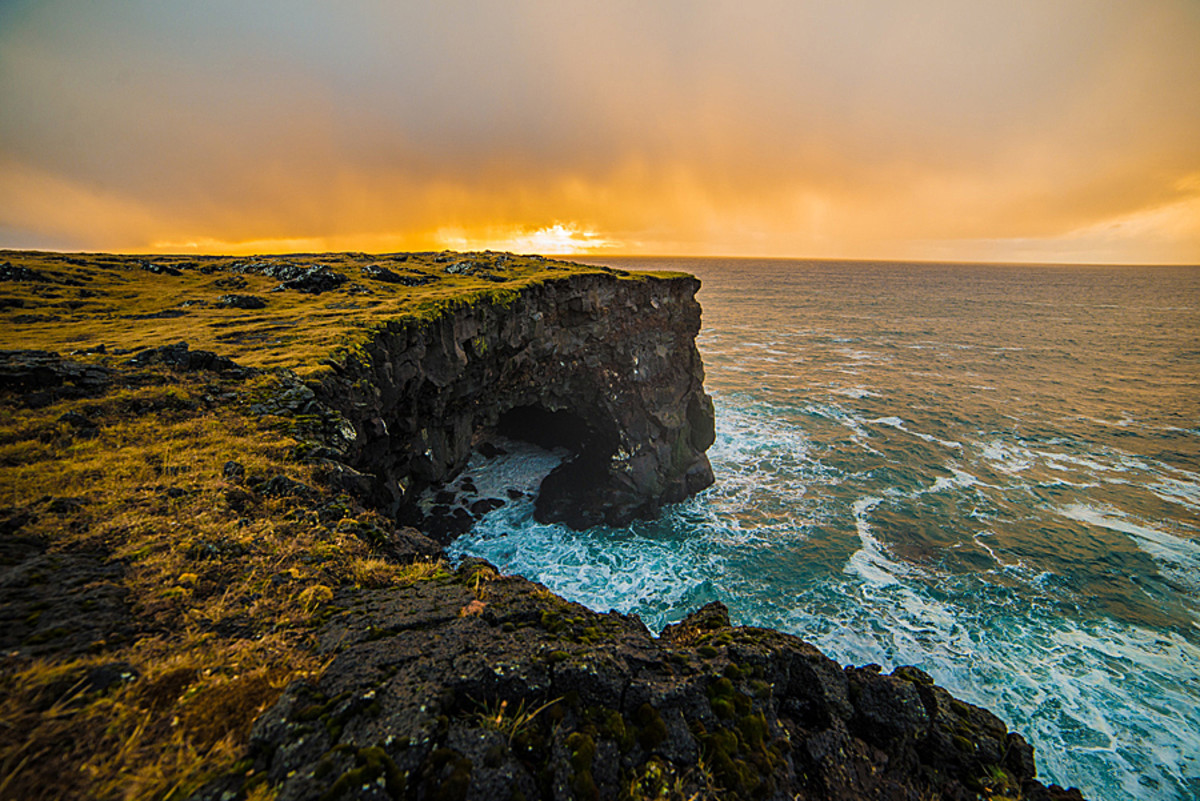Being A Schoolboy In World War II - A Reminiscence
Who do you know who was alive during World War II and remembers that time?
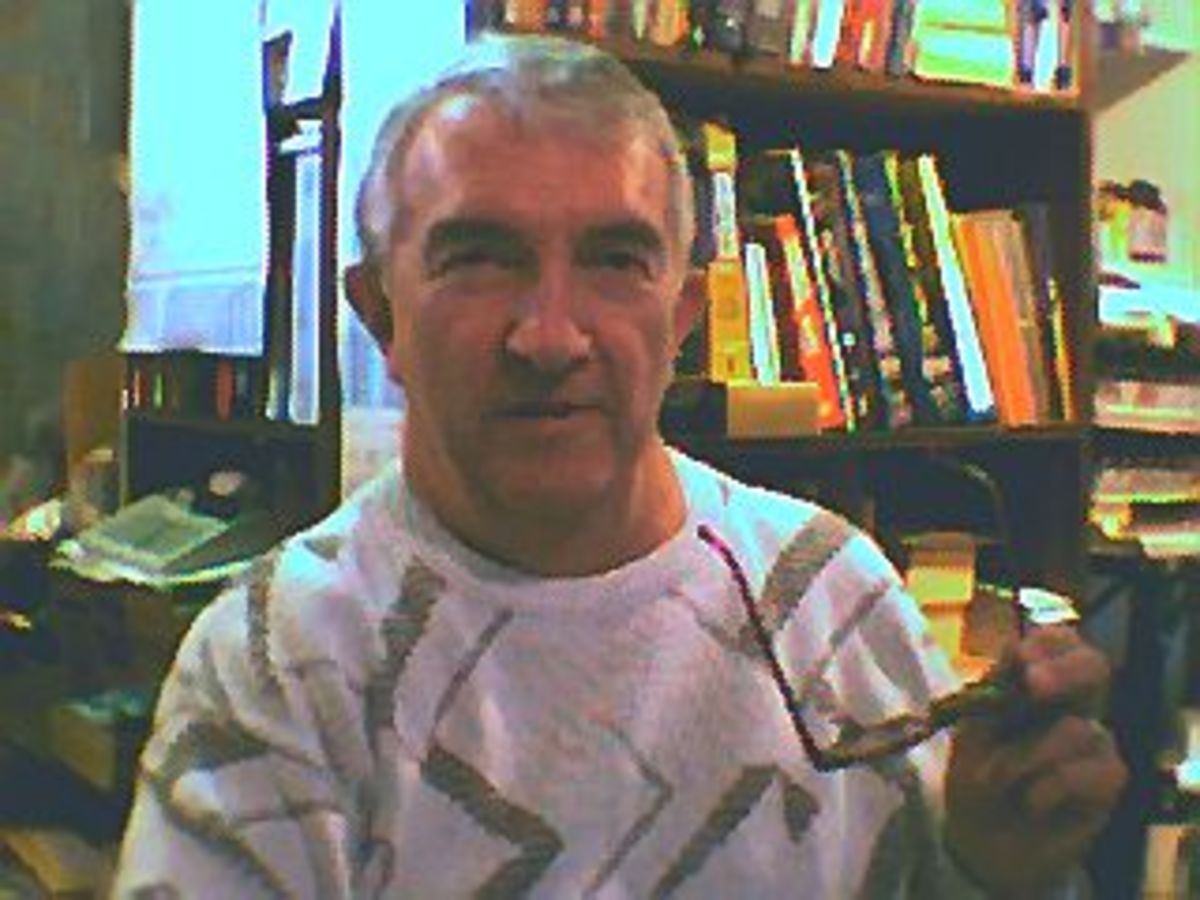
In December of 1941 our family consisted of a mom, a dad, a baby sister born the previous July, and me, just turned six.
My mom was a full-time mom, my dad was working for the National Safety Council in Chicago, my sister was busy sleeping, eating, and growing. I was a typical first grader and enjoyed being an older brother and going to Willard Elementary School in Evanston, Illinois where we lived.
We had moved to Illinois from Maine where most of my aunts, uncles, cousins, and surviving grandparents lived.
We knew that a war between Japan and China had already been going on for some time. Pearl Buck was writing about it, General Chiang Kai Shek and American-educated Madame Chiang were popular figures. The war in Europe was well underway, and most American adults recalled the horrors of World War I and had hopes of staying free of "foreign entanglements." Otherwise, life was good; the Depression years were behind us, and we yearned for a period of stability and peace.
It was not to be.
I recall watching my dad shaving that December morning when I first recall hearing that the Japanese had bombed our naval base at Pearl Harbor, and the nearby airfield, and other military installations in Hawaii. I could tell from my dad's reactions that somehow life had changed and the future would play out differently for everyone.
My dad soon after tried to enlist, but he had a medical weakness which meant he was relegated to wait unless our country desperately needed him anyway. He had had an inkling of what was coming, from a business trip he had made to Salt Lake City, Utah in 1939, the year World War II actually started. Salt Lake City had asked the National Safety Council to send an expert to consult on pedestrian accidents the city was concerned about. The federal government had asked that, on that trip, he assess the condition of Utah's motor vehicle tires, anticipating as it correctly had that rubber supplies might soon be in short supply due to Japanese intentions to create their "Co-prosperity Sphere" in the Far East, a euphemism for kicking the British, Americans, and French out of Asia.
I was too young to understand the details, but I was not too young to know where our sterling silver carving knife was and to hide it under the livingroom couch where it would be handy, if I was called on to help defend the family. My mother finally hit it one day with the carpet sweeper, and I admitted my intent.
Within 18 months, dad was asked to set up a Navy-wide driver training program for the U. S. Navy, and we moved to Arlington, Virginia where we would live until 1948 in a very comfortable apartment which was one of thousands hastily constructed in the suburbs of Washington, DC, meant to house the influx of government workers assigned to the capitol area to conduct the homefront of the war.
We lived in a large apartment community called Fairlington, a large tract of land much of which had formerly been a large dairy farm and pasture. The US Army had a Signal Corps installation nearby, and many of the apartments housed servicemen and their families though they were not military housing. The Fairlington Elementary School was new, well equipped, and ready to teach our generation. My mother became the Parent Teacher Association president, my dad commuted to and from downtown DC by bus.
I had come from a neighborhood with five close neighbors I regularly played with, to a neighborhood where we had enough youngsters my age to fill out two opposing baseball teams from just the nearby apartments. By then it was clear that we all had a role to play in supporting the war effort. We also made the effort to be well informed, it was part of our lives. Most of us, for example knew the profiles and characteristics of all the enemy and allied planes, and we knew the latest available war news.
Gasoline, sugar, meat, butter, and cigarettes were all rationed, along with other items, and bananas, nylon stockings, and other commodities simply became non-existent. I and my classmates used our allowances and what we could earn to raise money for the Red Cross and to buy Savings Stamps which could be used to buy War Bonds which helped to finance the war.
My dad and mom had a garden plot near the Signal Corps unit and raised a small Victory Garden which helped to supply our family with a few extra, fresh vegetables.
Newspapers and bacon fat, scrap metal, and anything useful, were recycled, and we kids enjoyed playing our part by canvassing the neighborhood with "paper drives" and "scrap drives" taking our collections to a central location to be picked up and transported to processing points, just as other young people were doing across America.
We had the "Washington Evening Start Newspaper" we could read and keep up on the latest war news, including battle maps showing where our front lines were, and the latest censored news which could inform the public without informing our enemies.
The Axis Powers of Germany, Italy, and Japan were under attack, and an older cousin of mine was winning medals as a US Army Air Corps pilot in the pacific. (He later worked on the "Dynasoar Project" which was the forerunner of our Space Shuttles, having married an Army Air Corps nurse and raising fine children of their own, including one who would go on to graduate from the Air Force Academy in Colorado.)
Another cousin was a Marine and fought on Iwo Jima where so many fathers, sons, and brothers died on both sides. He survived his experiences which included hand-to-hand combat with knives, but never said much about his service to America, though he was always proud to know he was a Marine, a 'leatherneck."
We were thrilled when the D-Day Invasion took place, Paris was liberated, and the desperate attack leading to the Battle of The Bulge was repulsed and Italy and Germany surrendered. The handwriting was on the wall, but Japan remained determined to resist.
My mother, sister, and I were in Maine to get away from the heat, humidity, and polio of summer in Washington, when the two atomic bombs finally brought Japan to its knees and the war ended with the signing of their unconditional surrender on the deck of the Battleship Missouri in Tokyo Harbor.
I was a boy of 10 then, and have written of that fateful day in a separate article. [http://perspycacious.hubpages.com/hub/Just-A-Boy-Of-10-Then]
America was touched by World War II in many ways. American women across the country ran the farm machinery, built the tanks and airplanes, ran local services whose men had left to fight. The FBI worked throughout North and South America to insure the country's security. West Coast Americans of Japanese descent were taken from their homes, farms, and businesses and sent to live in internment camps in some of the country's most isolated and desolate areas, treated little better than foreign prisoners of war interned in America were.
America, even Hawaii, remained quite safe and secure during World War II. It was not a bad time to grow up in America. In actual fact, it was a good time to grow up and to know what Americans are willing to sacrifice when they are working together for the common good.
_______
© 2012 Demas W. Jasper All rights reserved.

